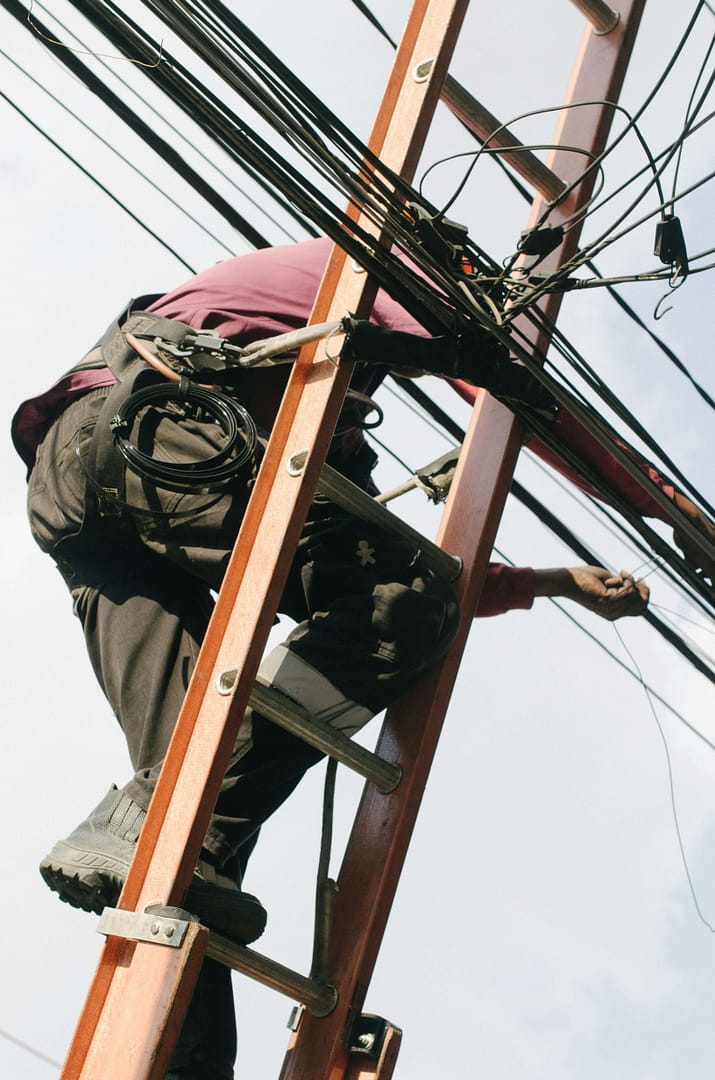Industrial cancer negligence is a serious issue that can have devastating consequences for workers and their families. When employers fail to take adequate precautions to protect their employees from exposure to carcinogens, it can lead to the development of various types of cancer. In some cases, GPs and hospitals may also be liable for industrial cancer negligence if they fail to diagnose or properly treat the condition.
The Role of GPs in Industrial Cancer Negligence
GPs play a crucial role in the early diagnosis and treatment of industrial cancers. They are often the first point of contact for patients who are experiencing symptoms of cancer. It is essential that GPs are aware of the signs and symptoms of industrial cancers so that they can make a prompt and accurate diagnosis. If a GP fails to diagnose industrial cancer, or if they delay in making a diagnosis, it can have a significant impact on the patient’s prognosis. In some cases, a delayed diagnosis can lead to the cancer spreading and becoming more difficult to treat.
Hospital Errors and Industrial Cancer Negligence
Hospitals can also be liable for industrial cancer negligence if they fail to provide adequate care to patients who have been diagnosed with the condition. This can include failing to provide the correct treatment, failing to monitor the patient’s condition, or failing to provide adequate pain relief. In some cases, hospital errors can lead to the patient’s death.
Common Types of Industrial Cancer
There are a number of different types of cancer that can be caused by exposure to carcinogens in the workplace. Some of the most common types of industrial cancer include:
Mesothelioma:
This is a type of cancer that affects the lining of the lungs, abdomen, or heart. It is most commonly caused by exposure to asbestos.
Lung cancer:
This is the most common type of cancer in the UK. It can be caused by exposure to a number of different carcinogens, including asbestos, radon, and diesel fumes.
Skin cancer:
This is the most common type of cancer in the world. It can be caused by exposure to ultraviolet (UV) radiation from the sun or from artificial sources, such as tanning beds.
Bladder cancer:
This is a type of cancer that affects the bladder. It can be caused by exposure to a number of different carcinogens, including aromatic amines, which are found in some dyes and rubber products.
Leukemia:
This is a type of cancer that affects the blood and bone marrow. It can be caused by exposure to a number of different carcinogens, including benzene, which is found in some petroleum products.
How to Make an Industrial Cancer Negligence Claim
If you or a loved one has been diagnosed with industrial cancer, you may be able to make a claim for compensation. Industrial cancer negligence claims can be complex and it is important to seek legal advice from a specialist solicitor. A solicitor will be able to assess your case and advise you on the best course of action.
What to Do If You Suspect Industrial Cancer Negligence
If you suspect that you or a loved one has been the victim of industrial cancer negligence, it is important to take the following steps:
- Seek medical advice: If you are experiencing any symptoms of cancer, it is important to see your GP as soon as possible.
- Gather evidence: If you believe that you have been exposed to carcinogens in the workplace, it is important to gather as much evidence as possible. This may include your employment records, medical records, and any other documentation that may be relevant to your case.
- Contact a solicitor: A specialist solicitor will be able to advise you on your legal rights and options.
Preventing Industrial Cancer
There are a number of things that can be done to prevent industrial cancer. Employers have a duty to protect their employees from exposure to carcinogens. This may include providing protective equipment, such as masks and respirators, and ensuring that workers are properly trained in how to handle hazardous materials. Workers should also take steps to protect themselves from exposure to carcinogens. This may include wearing protective clothing and using appropriate safety equipment
Making a Medical Negligence Claim with National Claims
At National Claims, we understand the devastating impact that medical negligence can have on your life and the lives of your loved ones. If you believe you or a family member has suffered harm due to substandard medical care, such as misdiagnosis, surgical errors, medication errors, or delayed treatment, we are here to help you by connecting you with a solicitor from our panel who will be able to assess your case.
Free Consultation
We recognise that every medical negligence case is unique, and we’re here to offer you a free, no-obligation consultation to discuss your specific situation. During this consultation, we’ll listen attentively to your experience, and assess the potential strength of your claim. Our team will then connect you with a qualified solicitor from our panel who specialises in medical negligence claims, ensuring that you receive the expert legal representation needed to pursue your case effectively.
*Customers pay up to 25% (incl. VAT) of the amount recovered towards solicitor costs and if you cancel outside your cooling off period, you may be charged a fee.
Contact us today to speak to one of our claims agents who will be able to help you get started on your claim.
Click below to see why we are one of the most trusted claims management companies in the UK.

We’re proud of our excellent customer reviews
We thrive on delivering exceptional service and ensuring our clients’ satisfaction. Don’t just take our word for it. Check out some of our independent reviews to see what our clients have to say.
Excellent

This firm is excellent, they sorted out my car pay out and injury claim very fast, they always communicate with you all the time.

My accident case was dealt with confidence and with great result of the outcome, especially James kept me informed all the time.

I was very impressed at the way my inquiry was treated. I was listened to attentively and everything I needed to know was explained to me.






